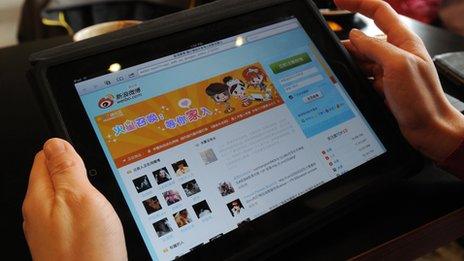China tightens control on instant messaging services
- Published
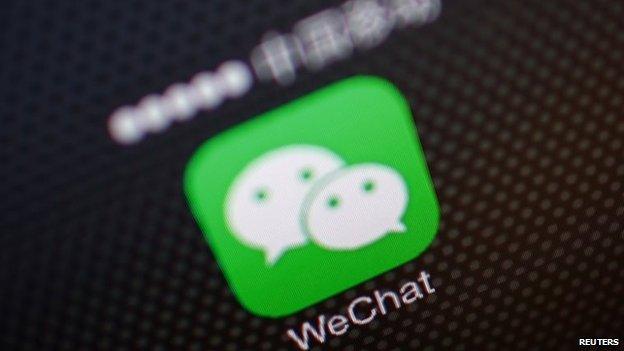
Instant messaging app WeChat boasts more than 800 million users
Chinese users of instant messaging apps will have to register their real names, and seek approval before publishing political news, under new regulations.
Public users of popular services such as WeChat will also have to sign agreements promising to uphold "the socialist system", state media say.
It comes as South Korean officials said access to foreign messaging apps such as KakaoTalk and Line had been blocked.
China has imposed similar restrictions on microblogs over the past two years.
China's internet is tightly restricted, with social media sites such as Facebook and Twitter blocked.
However, hundreds of millions of people use Chinese social media providers.
'Issuing warnings'
The State Internet Information Office (SIIO) announced the rules, which come into immediate effect, on Thursday, state-run news agency Xinhua reported, external.
The regulations apply to public accounts, which are used to broadcast to subscribers and are popular sources of news.
"Instant messaging services should require users to verify their real-name identities before registering an account," the SIIO said in its statement (in Chinese), external.
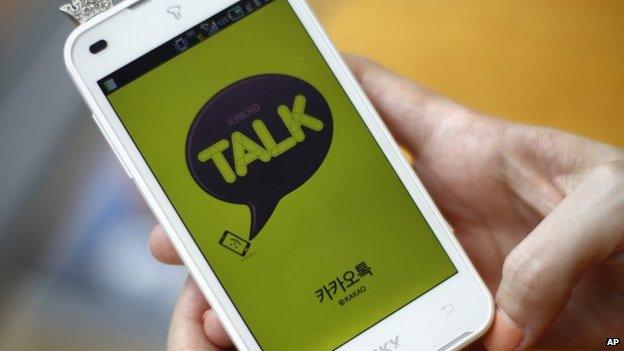
Reports say access to South Korean app KakaoTalk in China has been disrupted for weeks
When users register, they should "sign an agreement, promising to uphold the law, the socialist system, national interests... and information authenticity," it added.
"Public accounts cannot publish or share political news without approval," the statement said, adding that instant messaging providers should mark out which accounts were authorised to write about political affairs.
"Where users break the rules, the providers will, as appropriate, issue warnings, restrict their posts... or even close their accounts, while retaining the relevant records so they can fulfil their reporting obligations to the authorities."
Internet giant Tencent, which owns WeChat, said: "The main aim of the rules is to resist the spread of harmful information like rumours... Tencent supports this aim."
"We urge everyone to respect the relevant laws," it added (in Chinese), external.
Microblog crackdown
Meanwhile, South Korean officials said the Chinese authorities had told them that access to foreign messaging apps including KakaoTalk and Line - both owned by South Korean firms - had been blocked.
The move was described as parts of efforts to combat terrorism, the officials, who spoke on condition of anonymity, said.
Large numbers of microbloggers, using Twitter-like sites such as Sina Weibo, have been detained since 2013.
High-profile microblogger and venture capitalist Charles Xue was detained in August 2013, before being released on bail in April.
Following the crackdown on microblogs, many users switched to using instant messaging services like WeChat, which boasts more than 800 million users.
In May, the authorities announced a campaign to "clean up" instant messaging services, alleging that some had used such services "to distribute illegal and harmful information, seriously undermining public interests".
Critics have described real-name registration as an attempt to deter negative comments about the government and to make it easier to trace the authors of such postings.
- Published4 June 2014
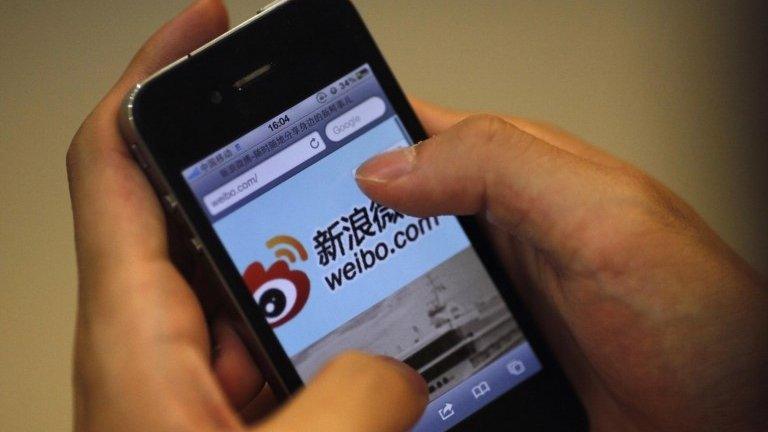
- Published28 May 2014
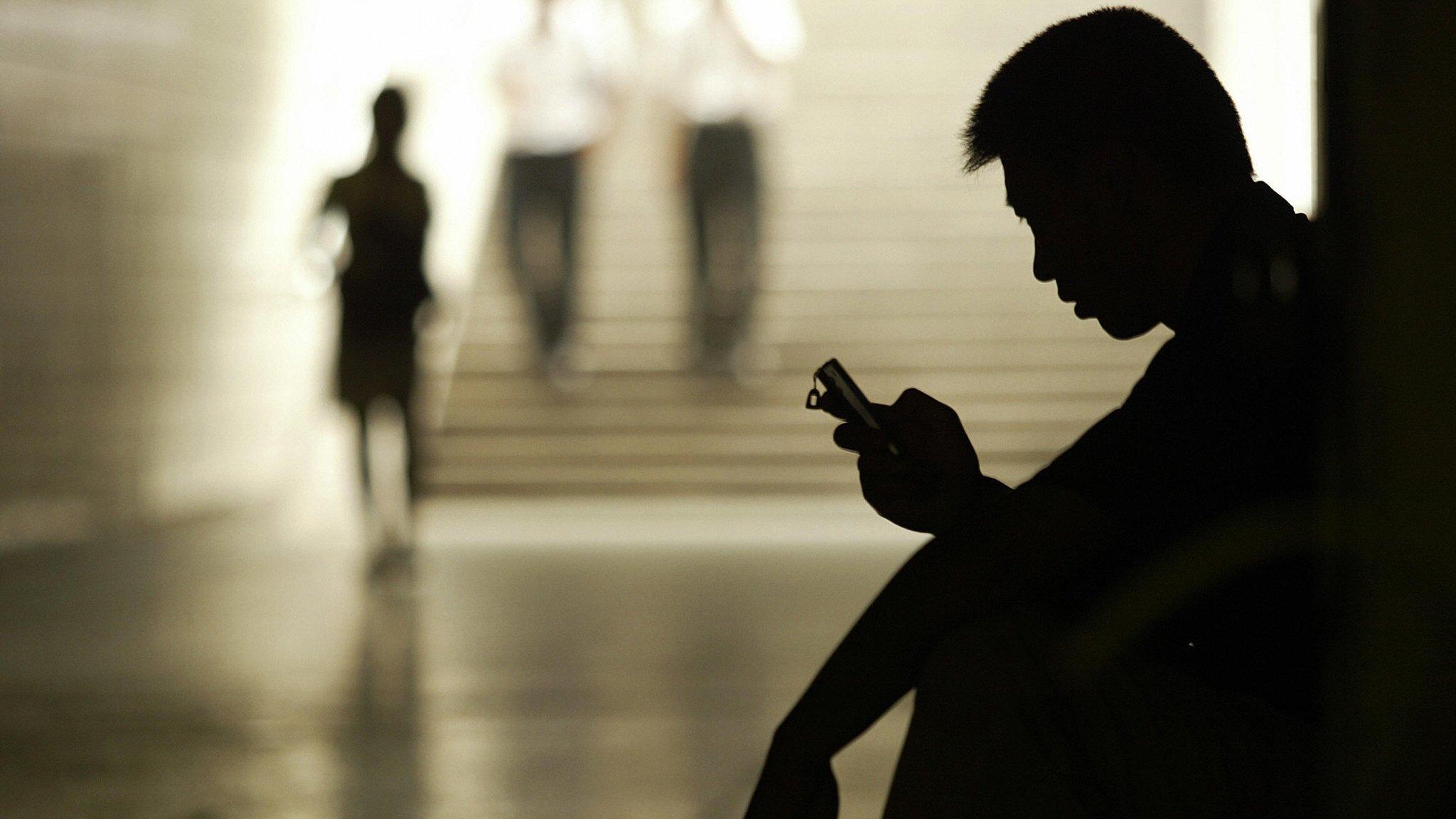
- Published9 September 2013
